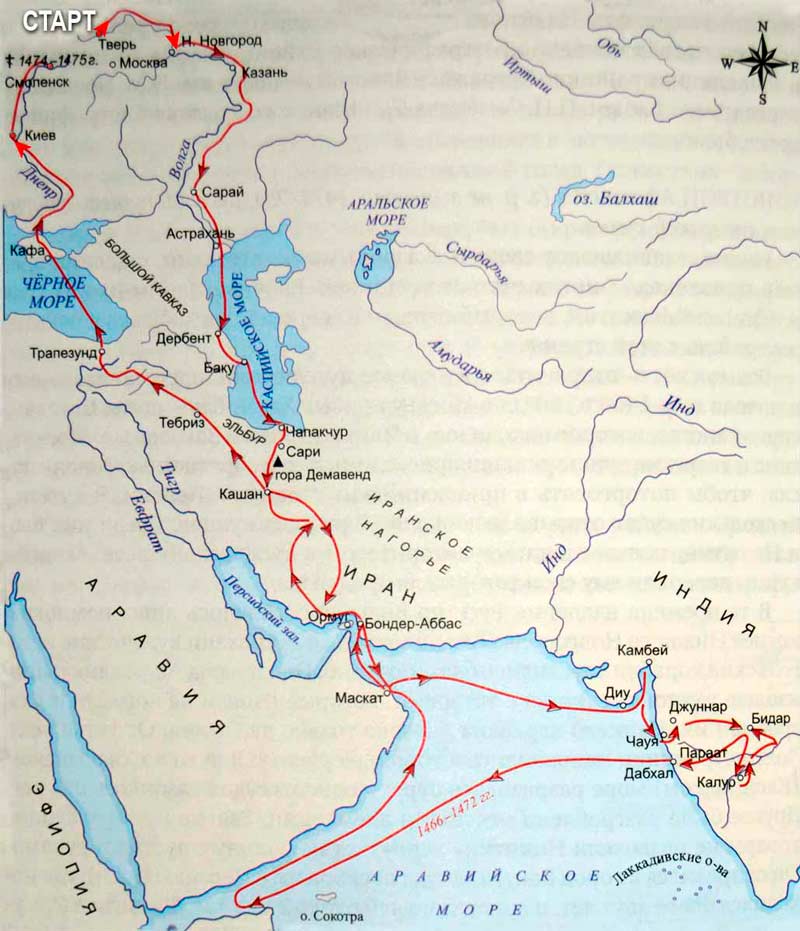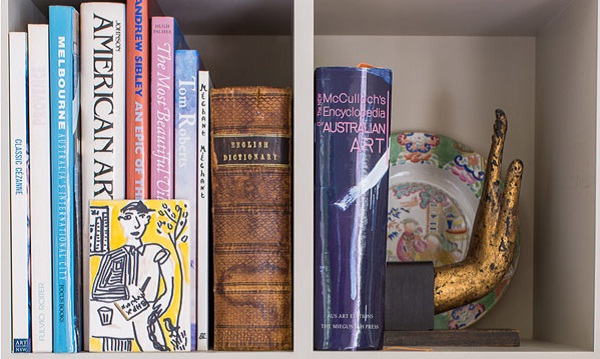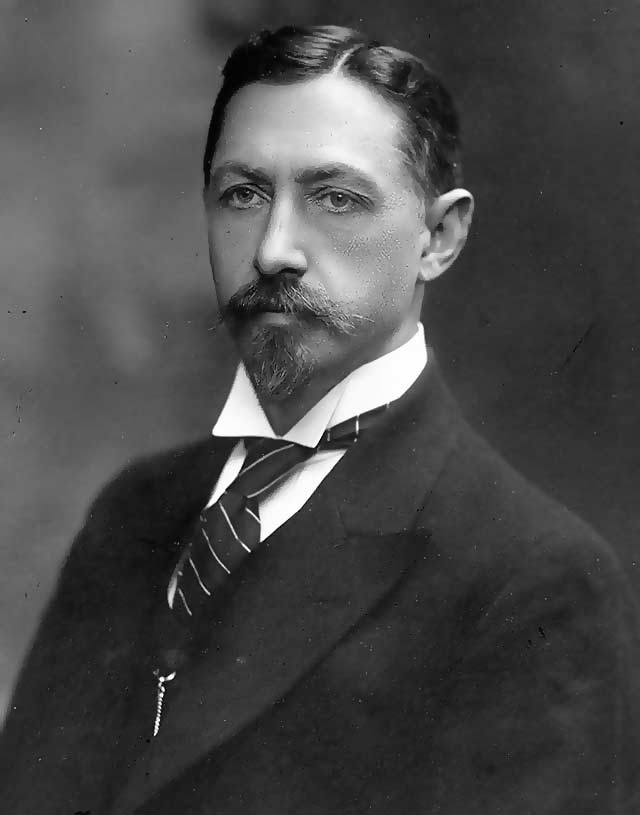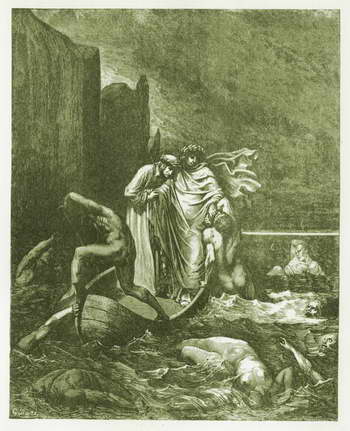contemporary art and culture
Watch books, read pictures
 “The boundaries of my language represent the boundaries of my world.” This is what Wittgenstein said. And then, of course, you can not argue. Man is a creature: he likes to give names to everything. Even things that obviously do not need names. For us, a thing exists only if it has a name / title.
“The boundaries of my language represent the boundaries of my world.” This is what Wittgenstein said. And then, of course, you can not argue. Man is a creature: he likes to give names to everything. Even things that obviously do not need names. For us, a thing exists only if it has a name / title.
And most of us, if we ask what literature is, will say something like: “this is a story told through words.”
We are so used to it. So we were taught in school. Well, in general, all these old libraries, manuscripts, archives – because there are solid words, right? We grew up in an environment where text is primary. Continue reading
ART MAGAZINE MOSCOW ART MAGAZINE
 An unwritten text as a text is not in itself something unheard of. In the history of art, silence as a piece of music, blank sheets in graphic albums, white pages in books, and many other things of that kind have long been known. By the way, the name of this unwritten text, which includes the concept of silence, appeals to the well-known progressive television program of the last decade of the last century. Probably, the comment to the unwritten text on the place where the text itself should be located is also not something completely unheard of. Continue reading
An unwritten text as a text is not in itself something unheard of. In the history of art, silence as a piece of music, blank sheets in graphic albums, white pages in books, and many other things of that kind have long been known. By the way, the name of this unwritten text, which includes the concept of silence, appeals to the well-known progressive television program of the last decade of the last century. Probably, the comment to the unwritten text on the place where the text itself should be located is also not something completely unheard of. Continue reading
BORIS GROYS “POLITICS OF POETICS”
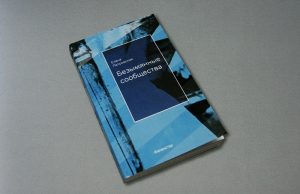 Today, the philosopher, theorist of art and curator Boris Groys is one of the most respected critics in the world art community. His recent book, The Politics of Poetics, is a collection of essays from two English-language books, Art Power and Going Public, as well as articles published in American and European journals. Some texts of the book are published in Russian for the first time. Groys is important to read to those who want to familiarize themselves with the contemporary philosophical discourse of modern art: at the same time it turns out that it is relatively easy to write about the complex. One of the main themes of the collection is the relationship of art to the art market and to the sphere of political ideologies. Continue reading
Today, the philosopher, theorist of art and curator Boris Groys is one of the most respected critics in the world art community. His recent book, The Politics of Poetics, is a collection of essays from two English-language books, Art Power and Going Public, as well as articles published in American and European journals. Some texts of the book are published in Russian for the first time. Groys is important to read to those who want to familiarize themselves with the contemporary philosophical discourse of modern art: at the same time it turns out that it is relatively easy to write about the complex. One of the main themes of the collection is the relationship of art to the art market and to the sphere of political ideologies. Continue reading
